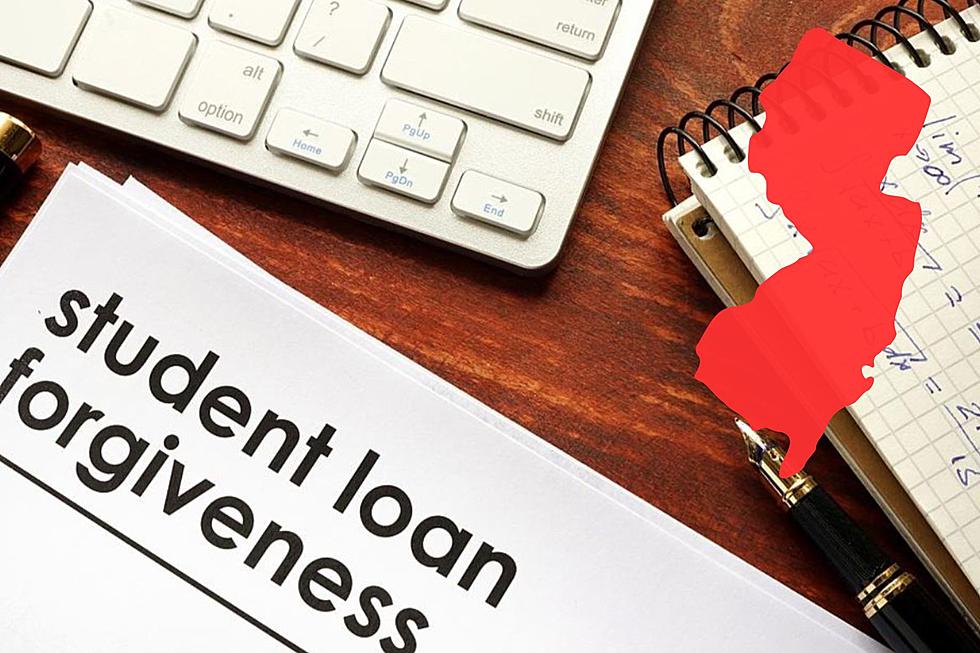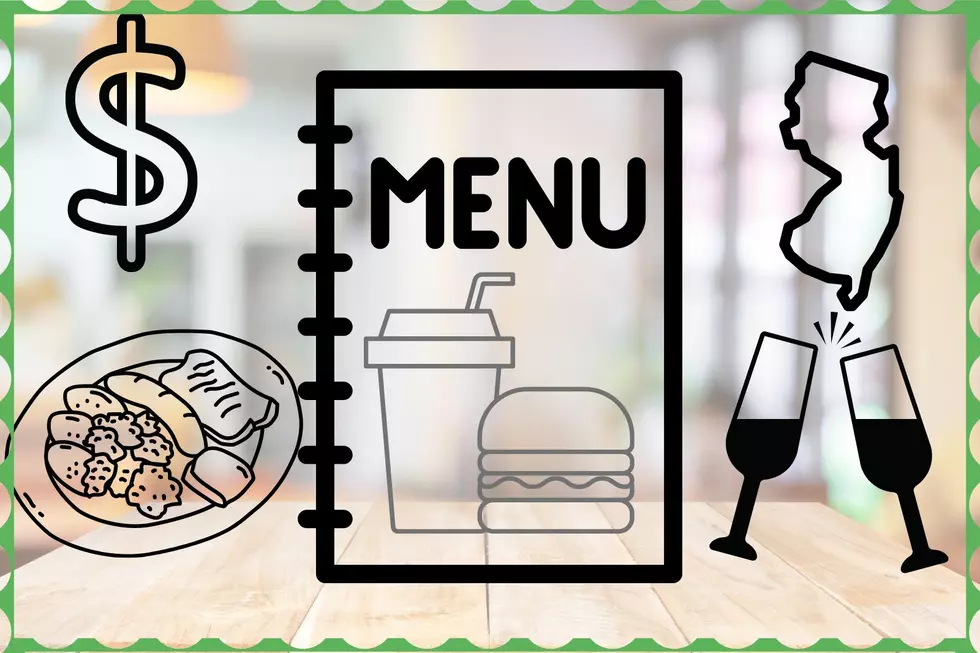
I live in NJ with student loans: Here’s my take on forgiveness
It's a nail-biting time for folks with student loans, especially in a heavily taxed state like New Jersey. The resuming of paying that debt back after years of pauses due to the COVID pandemic.
I'm sure many with student loans would say it's been very helpful not to have to make those payments over the past few years. Especially with the loss of jobs making it even harder to make ends meet.
We all knew this was coming, but now that we've arrived at this moment of time, now what? How do we get back to paying off those student loans?
The pauses have allowed those with payments to let their guard down. Not to mention, the promise of student loan forgiveness that's also been hovering over our heads.
In fact, that forgiveness is a big part of why some with student loans didn't make payments in the first place. Even if they could swing it, why do it if it'll just be forgiven anyway?
And there's been many backlogs as to what student loan forgiveness would look like, or if it'll ever happen. Whatever is set to occur now can change instantly and bring this entire issue back to square one.
The student loan forgiveness fight will not end. At least, not anytime soon. So what's the best path forward?
As someone with student loans living in the most heavily taxed state in the nation, I have a few things to say about this topic. And there's a chance that your opinion on the topic will differ from mine.
But first, why should we blindly forgive student loans at all? Well, it's quite simple really. To help take that heavy burden off graduates so they can make a better living for themselves.
With that payment removed, college grads are more likely to put that money back toward the economy. As a result, businesses do better, and that'll be reflected in the overall performance of the economy.
Not to mention, college has gotten very expensive. Any relief our former students can receive would be very welcomed.
Now for the flip side. Should those loans be left as-is and should college graduates just figure it out on their own?
The argument here is that college grads knew what they were getting themselves into when they signed up to attend college. Like any loan, you have a responsibility to pay that debt back at the agreed-upon terms.
And if you use the argument that you didn't know it would be so bad? Well, it's a prime example of why doing your homework before signing up is so important.
College isn't cheap, and it's only gotten more expensive as the years have gone by. But if you make the investment, then you're committed to paying for that degree you receive.
Think about it if your mortgage was forgiven. It would be a beautiful thing, but it's simply a pipe dream.
With all of that said, where do I fall on this topic? As a heavily tax-burdened homeowner in New Jersey, should my loans be blindly forgiven?
My answer to that is no, and here's why. As stated above, I made the decision to attend college and am committed to paying that debt back.
However, I do see the argument involving college costs. It's true that colleges and universities make it way too easy to get you to enroll without properly getting you to understand the full gravity of what that debt would be like post-graduation.
And when you're first starting off with classes, you don't think about it. You just enjoy that experience and work toward that degree.
But yes, college has also gotten way too expensive, which is one reason why I'm all for free community college. At least with that as an option, you can figure out if college is right for you before going thousands into debt.
And yes, I do think you need to pass those classes with at least a C or better for it to be covered. If you want a low to zero price tag, then you need to work for it.
Now, that shouldn't be the case for higher education when it comes to a Bachelors or higher. However, something does need to be done regarding how payments are currently structured and the overall cost at that level.
Instead of forgiveness, payments should be based on income. Now does that mean not getting a job and living rent-free so your payments are zero? Absolutely not.
I've always thought that up to 10% of your overall income should be an appropriate calculation for payments. At least with that, you can always budget your income without any surprises.
And if someone is struggling to find work and only makes minimum wage, then set the payments to reflect that, but no lower. And this could all be based on the student's yearly tax return.
Now that's just for payments and not any type of benefits that might be part of the loan agreement, such as forbearance. If something should happen during the year resulting in a sudden drop in income, then the loan companies should work with the former student.
And if we do something like this for college, the same kind of offerings should be set for trade schools. Now granted, trade schools are much cheaper to attend when compared to college, but it doesn't mean there's still not a financial burden.
Perhaps if two-year community colleges are made free they can also offer some sort of trade intro classes. At least that way you're giving students multiple paths to consider before they go all-in with what direction they'd like to go.
And honestly? students should consider trade as well. Even though I'm not working in the trades, I did go in that direction to learn other skills which have proven to be very valuable.
So yes, I don't think we should be blindly forgiven unless we earned it in some way, shape, or form. Whether it be through your job or any other type of agreement, at least then it's earned relief.
But I also do feel something has to be done to make furthering education more affordable and to give trade schools more of a fair shot as an alternative.
Which NJ college campuses have more women than men?
$450 million in school construction funding approved by NJ
The above post reflects the thoughts and observations of New Jersey 101.5 Sunday morning host Mike Brant. Any opinions expressed are his own.
More From New Jersey 101.5 FM









